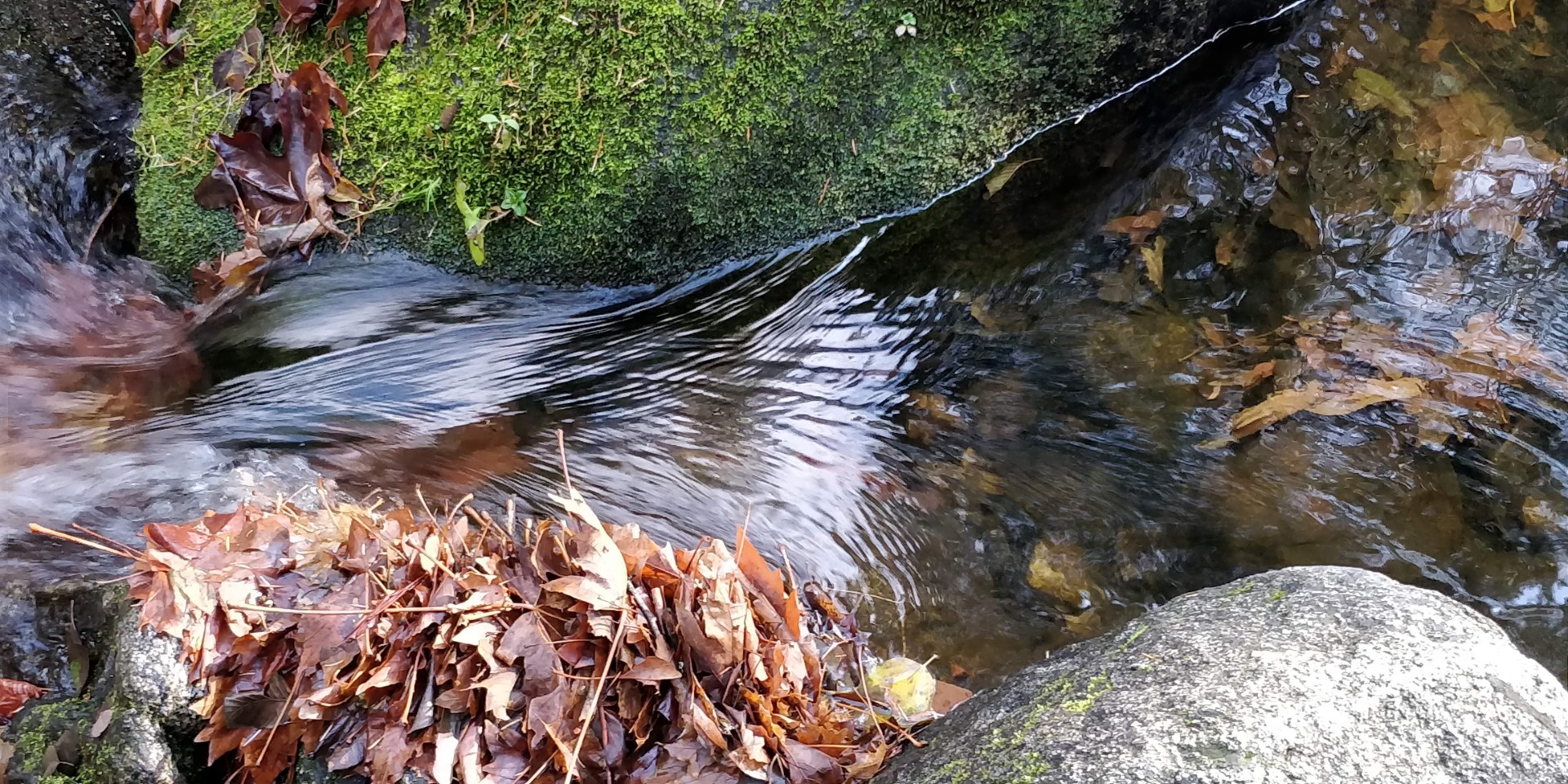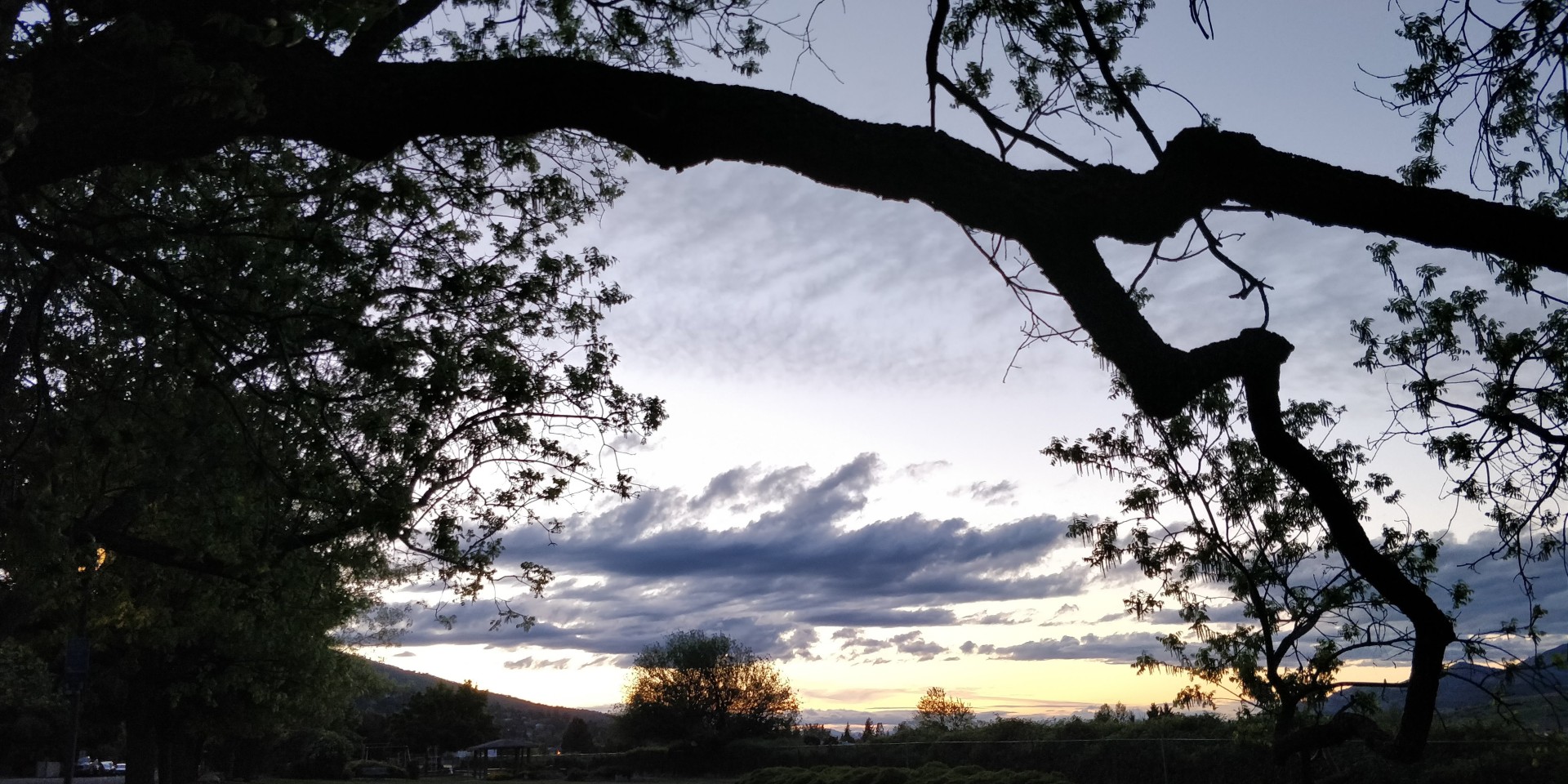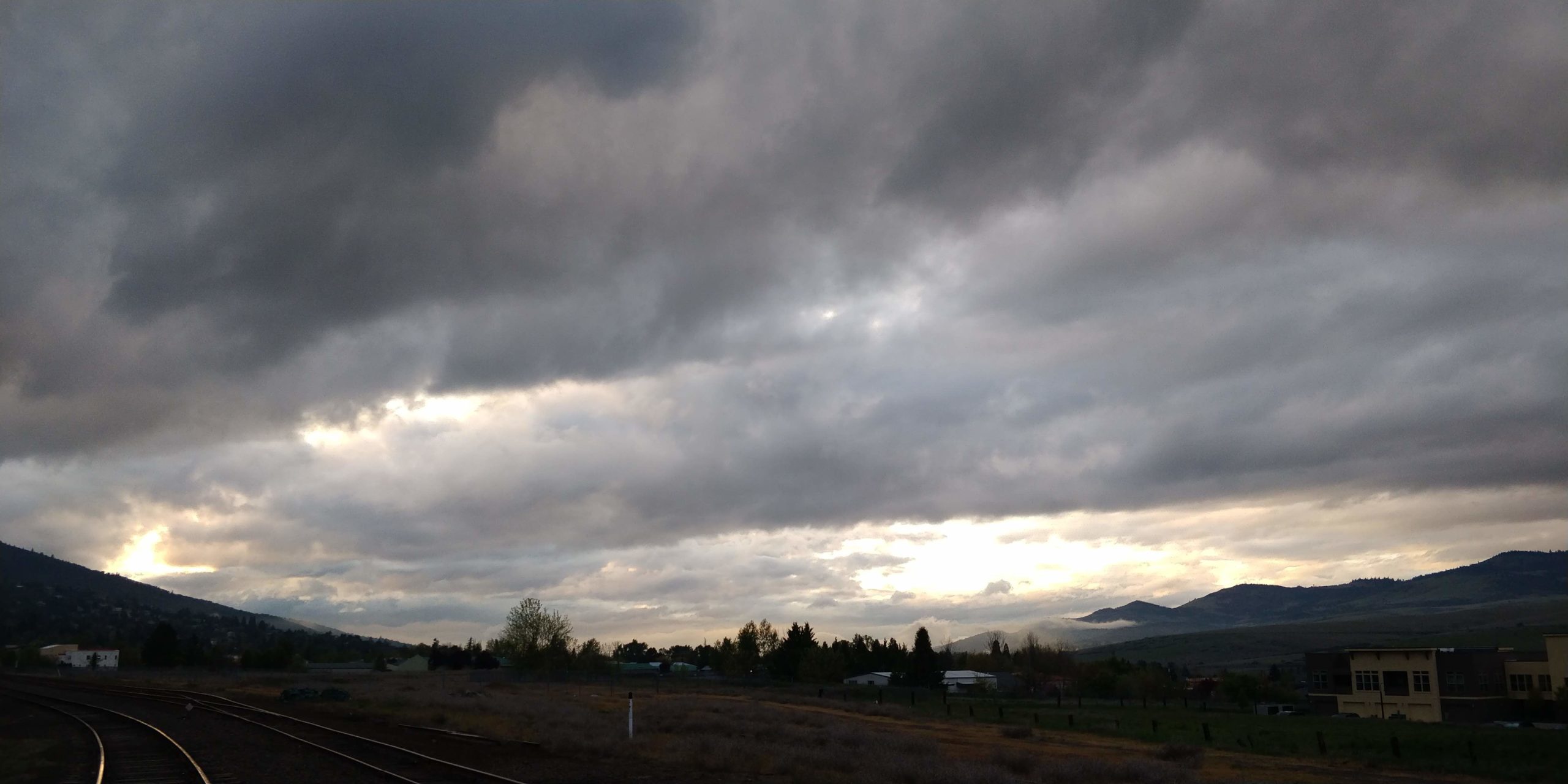
Now we’re reopening in town and around the world. We’re beginning to feel free again.
But I wonder, “Am I really free?“
Do I want to return to “normal?”
What choices do I have?
What choices have I had all along, but wasn’t aware of or actively choosing?
Have I been lazy in my observations, using worn out mental models, or stuck in my habits of thought and action?
Our answers to these questions will determine our futures – for ourselves, our teams, our families, and our communities. Our answers reveal our courage to live our values of reason, fairness, caring, and wisdom.
When man is governed by reason he is free, for he “does the will of no one but himself, and does those things only which he knows are of greatest importance in life.”
— Spinoza, Ethics from chapter 12 of the book, Humane Leadership
We could have chosen to drive less, fly less, spend less time in the office, cook with our kids more, be with our dogs more, or bask in the sun and in the joys of the day longer. We have chosen to eat wild animals, use plastics that never decompose, rush back to work when we didn’t feel well, and cram together in subways, elevators, and convention halls.
The stream of our lives was flowing along and it all seemed almost inevitable – habitual, normal, expected. But we have come upon a large stone in our path and the flow of our lives has changed.

Our choice and our freedom is in how we are going to relate to the disruption. Will we:
- Struggle against change by trying to swim upstream to where we came from?
- Curl up in a ball, tumble downstream, and hope for peace someday soon?
- Pause, look around, and learn about the nature of ourselves, our situation, and our options?
How can we remain conscious in our moments of choice? I do not find it easy, do you? This has been a problem since the couple in the garden saw a snake in a fruit tree.
Maybe freedom of choice looks like this:

At any moment, now, we have a choice, an opportunity to lead ourselves humanely. Our decision will either slide us towards an empowered, virtuous cycle or will slide us down into a destructive cycle of unconscious habits and desires.
Becoming aware of our own power and freedom is at the heart of humane leadership. This may be freedom to choose a new path or freedom from putting up with something when we’ve had enough.
Between stimulus and response there is space.
In that space is our power to choose our response.
In our response lies our growth and our freedom.
— Victor Frankel
To help you practice seeing and choosing in that free space, we built a wisdom jig thinking tool. Find it on our website here.
I hope working with this wisdom jig helps you discover opportunities to experiment with your mental models and habits of thought and action.
May you enjoy your freedom in the days ahead,






